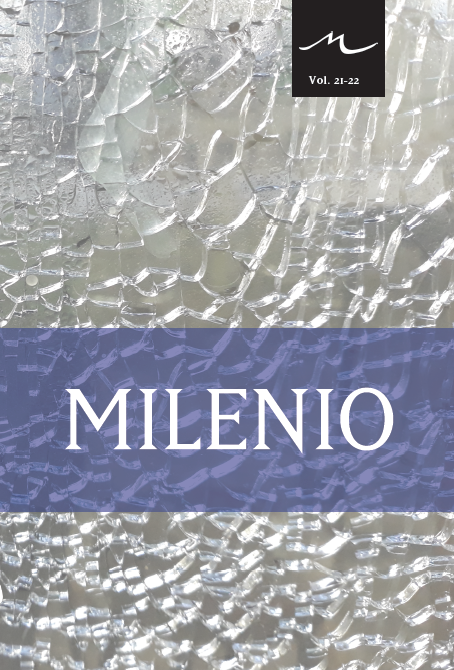Abstract
James Joyce recycles myth and religion, demystifying one and desacralizing the other.
In so doing, he brings the Catholic investments in salvation and the afterlife to the level of
everyday life. Death is stripped of its religious associations, deprived of any higher signification
that would attach it to eternity and salvation. Instead, death is suspended in the
here and now. This article examines Joyce’s treatment of death in Ulysses and Dubliners
which unveils his paradoxical relationship to Catholicism and shows how his resistance to
Catholicism reaffirms his conflicting relation to it.

